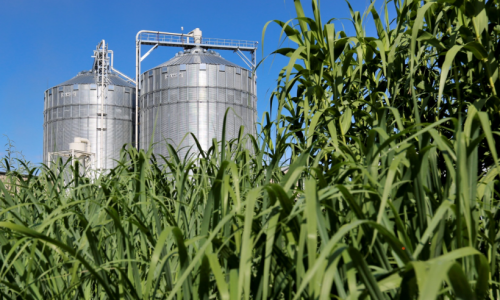Sugar plantation company PT Aman Agrindo Tbk (GULA) is budgeting Capital expenditure (Capex) in 2023 for about IDR 40-50 billion (US$ 2.6-3.3 million) for the construction and establishment of a factory in Banten.
Established in 2013, Aman Agrindo developed its own sugar plantation in 2016 and started trading and distributing sugar in 2020. The company processes sugar plantations from land management, seeding, planting, maintenance and harvesting in Pandeglang regency, Banten. The company offers products of sugar crystals, liquid sugar, brown sugar and molasses.
Aman to fulfill demands during Ramadan
Aman will use its 2023 Capex to finish the construction of the Banten factory, which will have a production capacity of 500 tons of sugar per day. The Capex came from the IPO fresh funds in 2022, amounted to IDR 53.5 billion. The construction of the factory will help the company to increase the production capacity of the country and in the long run will help increase its work rate.
“We are currently in the process of building a factory in Pandeglang. We hope the construction will be completed this year,” President Director Andreas Utomo told kontan.co.id, on February 14, 2023.
The company hopes to ensure the sugar supply before the Ramadan fasting month, which will likely start on March 22, 2023, and Eid holidays a month later. The government has prioritized the availability of sugar due to the increasing demand in the coming months. It has also given a green light for import quota to fulfill the domestic needs.
Aman also hopes that its revenue growth would exceed 40% in 2022. However, the financial audit of 2022 has not yet finished.
“We cannot yet provide detailed figures for performance in the fourth quarter of 2022 because it is still under audit. We are targeting the 2023’s revenue to grow around 40% from 2022,” said Utomo.
Risks in sugar industry
The sugar industry has faced a number of significant risks. One of the main risks was related to weather conditions, specifically the impact of La Niña, a weather pattern that can cause above-average rainfall and flooding in Indonesia. This can damage sugar crops and impact yields.
Price volatility is another risk, following holidays. It is also subject to global supply and demand dynamics, which can be volatile. Changes in market conditions, such as oversupply or fluctuations in demand, can lead to significant price movements that can impact the profitability of sugar producers.
Another risk was related to the COVID-19 pandemic, which had a significant impact on the global economy and trade. The pandemic has disrupted supply chains, reduced demand for certain products and led to significant shifts in consumer behavior. In the case of Indonesian sugar industry, the pandemic has led to a decline in demand for sugar, particularly from the hospitality and food service sectors.
Additionally, the industry has faced ongoing challenges related to infrastructure, particularly on the required transport and logistics networks to move sugar from farms to refineries and ports. Delays and disruptions in these systems can impact production and profitability.









